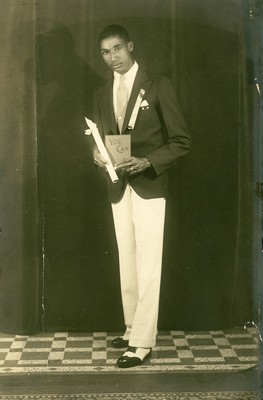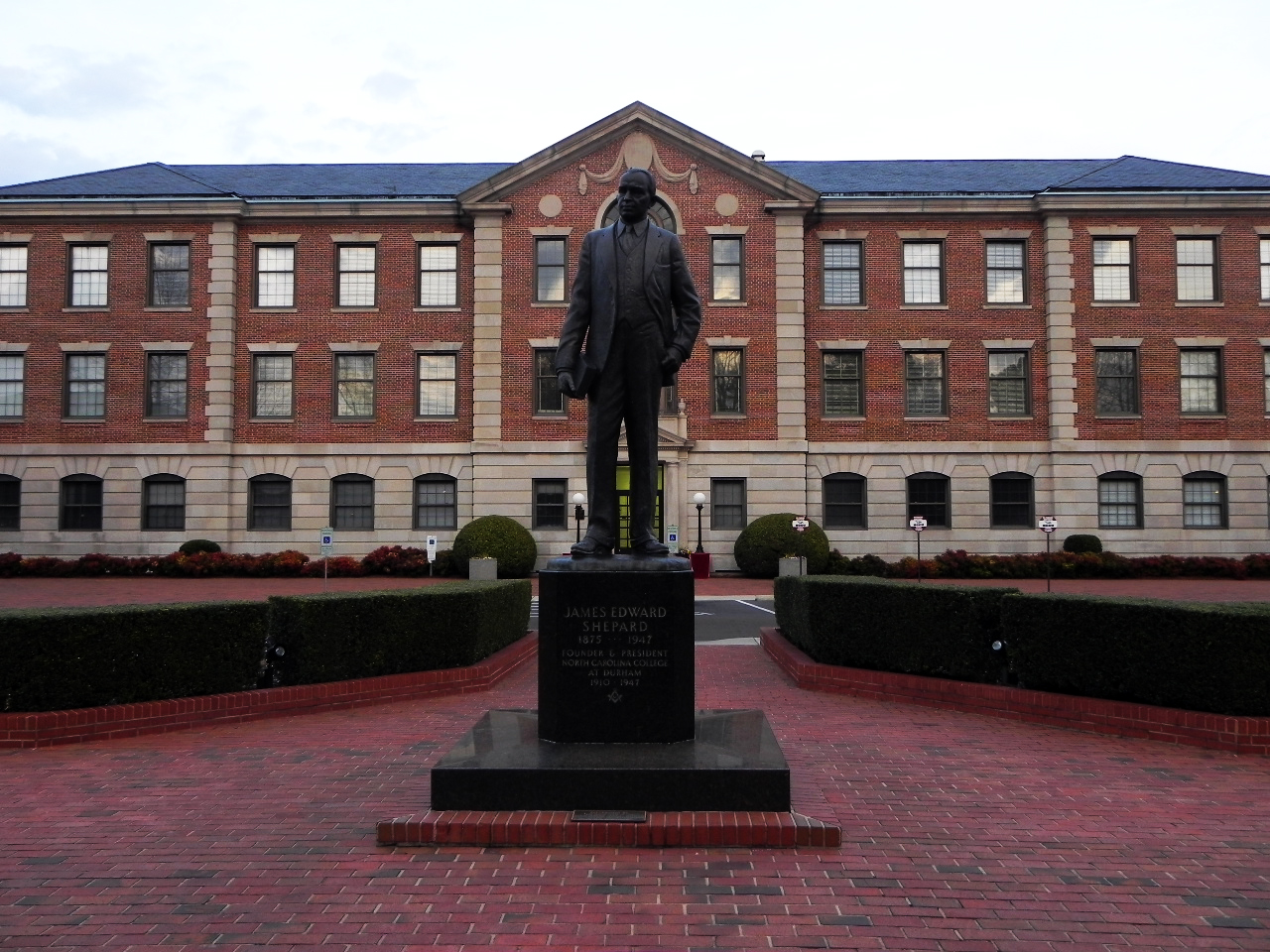North Carolina Central University, originally known as North Carolina College, made a groundbreaking move in 1939 by establishing its master’s program in history. A pivitol legal case involving Llyod Gaines significantly influenced this decision. In 1938, Gaines challenged the University of Missouri Law School‘s refusal to admit him based solely on his race. The U.S. Supreme Court ultimately ruled that states providing education to white students were obligated to offer equal educational opportunities to Black students. This landmark ruling created a chain reaction across the South, inspiring institutions like NCCU to expand their academic offerings.

The Chain Reaction
“It had a ripple effect across the south,” said Charles D. Johnson, Ph.D., chair of the history department. “That’s when the graduate program opened in North Carolina.” This expansion included a nursing school and law school and solidified NCCU’s commitment to advanced degrees in history.
Owena Hunter Davis, who completed her studies at NCCU in 1942, was the inaugural recipient of a master’s degree in history. Notably, her thesis committee consisted entirely of faculty from the University of North Carolina at Chapel Hill, reflecting the collaborative spirit of academia during a time when institutional barriers were high. Davis later made her mark as dean of women at Johnson C. Smith University.
Early Leaders
In the decades since NCCU has awarded nearly 400 master’s degrees in history. Illustrious figures such as Helen Edmonds and John Hope Franklin were among the early faculty who shaped the program. Edmonds became the first African American woman to earn a doctorate from Ohio State University, while Franklin is renowned for his work “From Slavery to Freedom.”
Preparing Students for Doctorates

While NCCU does not currently offer a doctorate in history, the department prides itself on effectively preparing its students for doctoral studies elsewhere. The American Historical Association recognized this achievement in 2014 by awarding the NCCU history department its Equity Award for excellence in preparing African American and minority students for doctoral programs.
Approximately 90 NCCU graduates have successfully obtained their doctorates, and another 17 are pursuing their degrees. Earlie E. Thorpe made history as the first NCCU graduate to earn a doctorate in history. He obtained his credentials from Ohio State University in 1953 before returning to NCCU as a faculty member for nearly three decades.
As the university reflects on the 85-year journey of its history master’s program, it stands as a beacon of hope, resilience, and academic rigor.
This article sources information from North Carolina Central University.

